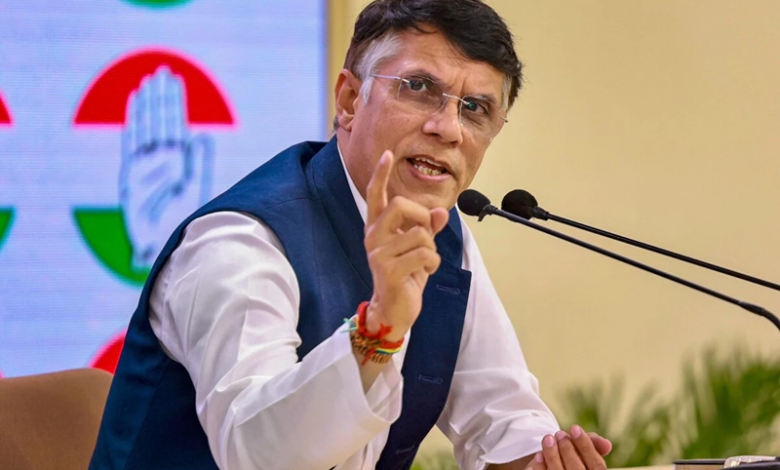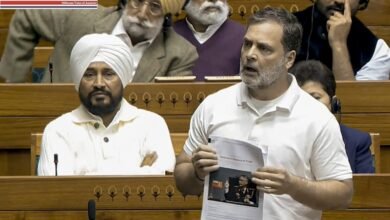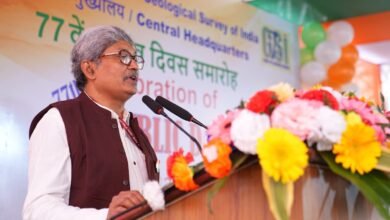Draft Broadcast Services Bill 2024: A Threat to Freedom of Speech?

News Mania Desk/Agnibeena Ghosh/7th August 2024
The Ministry of Information and Broadcasting’s draft Broadcast Services (Regulation) Bill, 2024 has sparked significant concern regarding freedom of speech and expression. The draft law, shared in a confidential watermarked format with select industry stakeholders to prevent wider dissemination, proposes stringent regulations on independent content creators on platforms like YouTube, Instagram, and X. This move has raised alarms about the government’s increasing powers to regulate online content.
The 2024 draft bill, shared with stakeholders a few weeks ago, expands the ministry’s regulatory scope from OTT content and digital news to include social media accounts and online video creators. This is a significant shift from the November 2023 version, which focused on OTT platforms. The new draft defines a “digital news broadcaster” in broad terms, requiring prior registration with the government and adherence to prescribed content standards.
The bill aims to regulate independent news creators online by defining news and current affairs programs broadly. The 2023 version included audio, visual, or audio-visual programs about recent events of socio-political, economic, or cultural nature. The 2024 draft introduces a new category, “digital news broadcaster,” encompassing anyone who broadcasts news and current affairs through online papers, news portals, websites, social media intermediaries, or similar mediums as part of a systematic business activity. The definition of “systematic activity” is vague, potentially giving the government significant control over enforcement.
The tech industry understands that the Ministry of Information and Broadcasting (MIB) is keen on regulating individuals who publish news and current affairs content as a business. Unlike the 2021 Information Technology Rules, which specifically excluded individual users, the new bill includes individual creators in its definition of digital news broadcasters. The 2021 IT Rules currently regulate digital news publishers and OTT platforms like Netflix and Amazon Prime Video.
Legal precedents may challenge the new bill. The Bombay and Madras High Courts previously stayed parts of the 2021 IT Rules, citing adverse impacts on press freedom. These court orders might serve as precedents if digital news broadcasters seek a stay on provisions in the new bill.
Independent creators categorized as digital news broadcasters will face significant legal obligations. They must inform the MIB about their work and existence, form content evaluation committees at their own expense, and strive for diversity in these committees. Failing to comply can result in hefty fines—Rs 50 lakh for the first violation and Rs 2.5 crore for subsequent violations within three years. The government can exempt certain players or groups to avoid genuine hardship, suggesting some stakeholders might be exempt from the bill’s purview.
A senior government official noted that online content creators must inform the government within a month about their operations and content evaluation committees. A simple application will be required for this process. The government’s interest in regulating independent creators intensified due to their role in the lead-up to the 2024 Lok Sabha elections, where sensational claims about the government and its leaders were made.
The draft bill also affects social media companies, exempting them from liability for third-party content if they meet specific criteria. These include providing access to communication systems without initiating transmissions, not selecting or modifying information (except under government orders), and observing due diligence and other prescribed guidelines. Failure to comply could result in criminal liability.
International comparisons highlight varying regulatory approaches. In Singapore, both traditional broadcasters and OTT providers require licenses, though OTT platforms have fewer obligations. In the United States, the Federal Communications Commission regulates broadcast radio and television but does not directly regulate OTT platforms.
The proposed Broadcast Services Bill 2024 raises significant concerns about freedom of speech and expression, potentially imposing burdensome regulations on independent creators and social media companies. The draft bill’s broad definitions and stringent requirements could significantly impact India’s digital news landscape.






